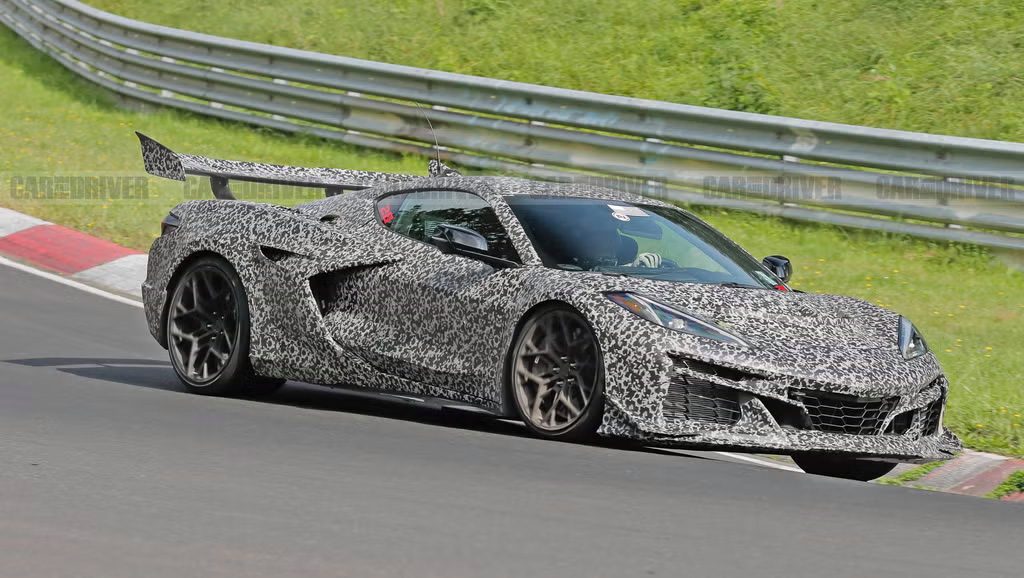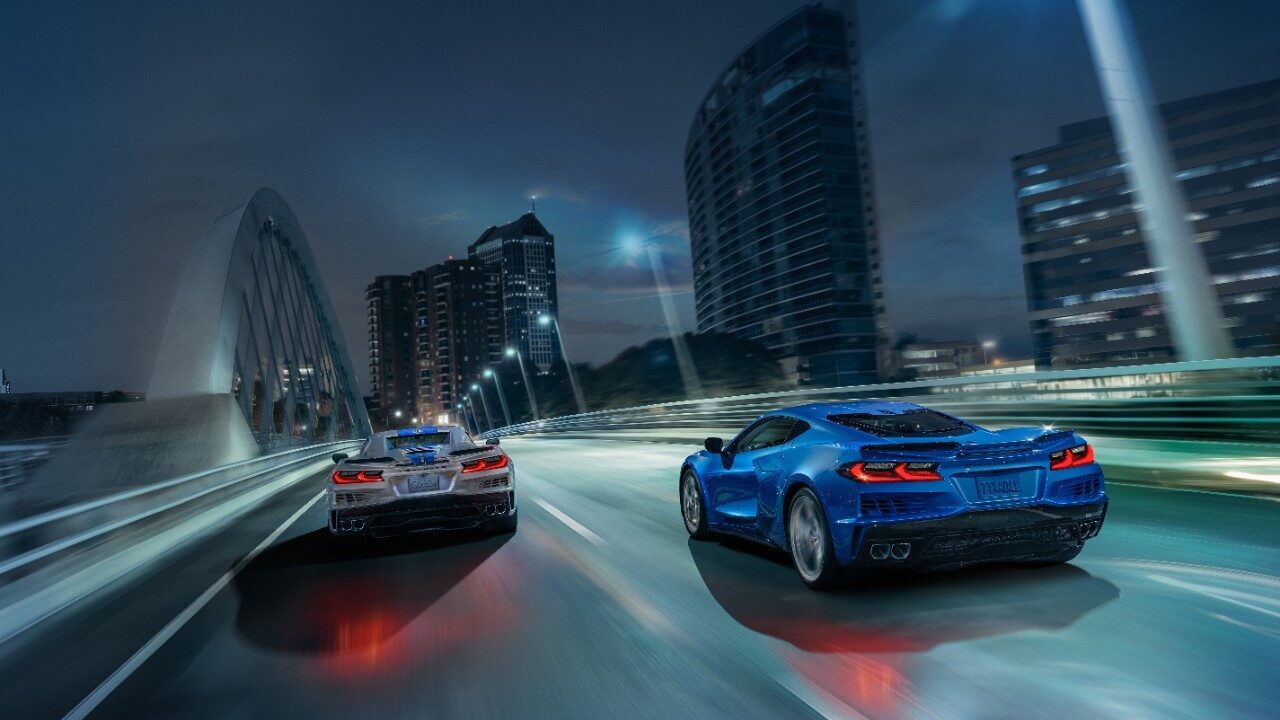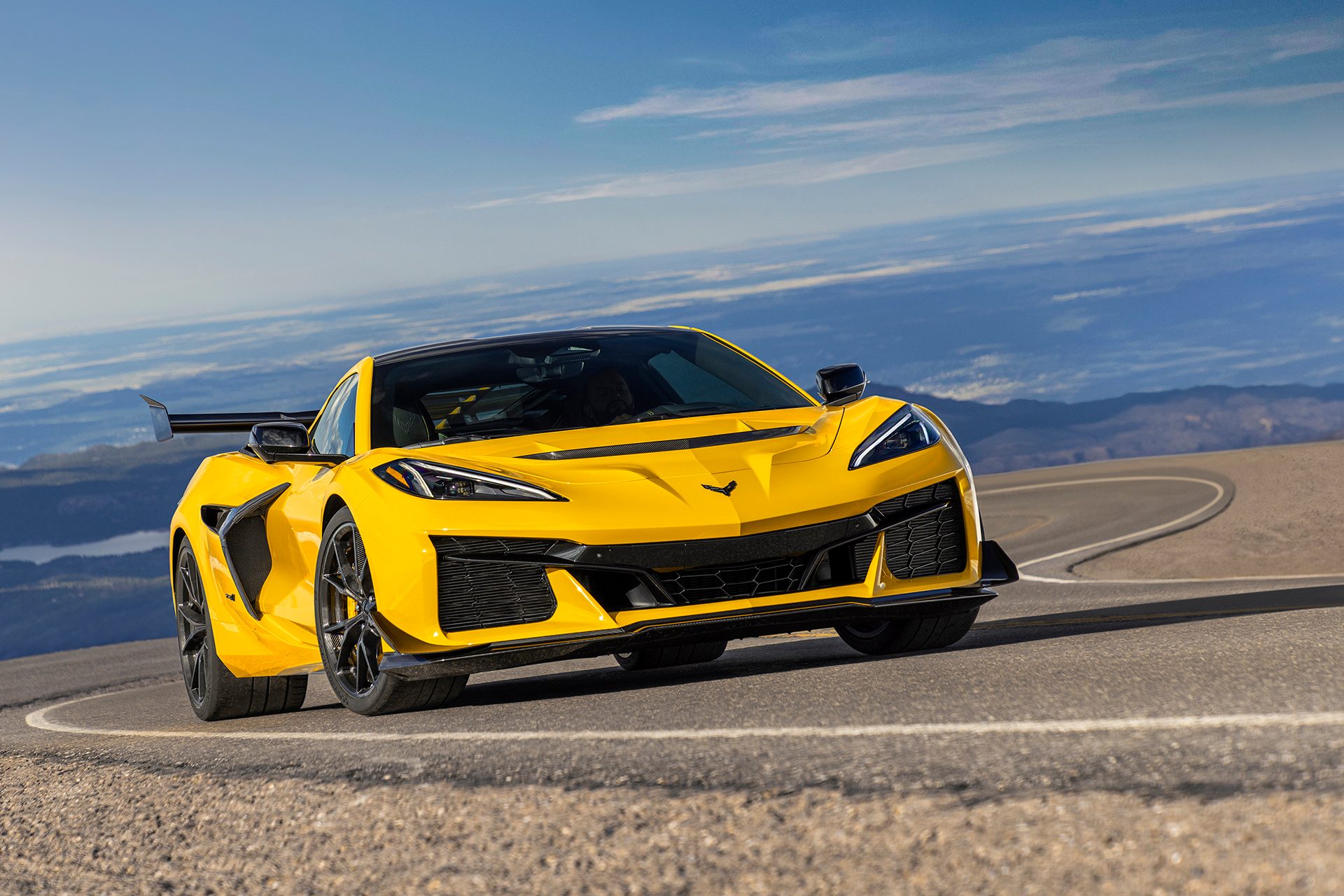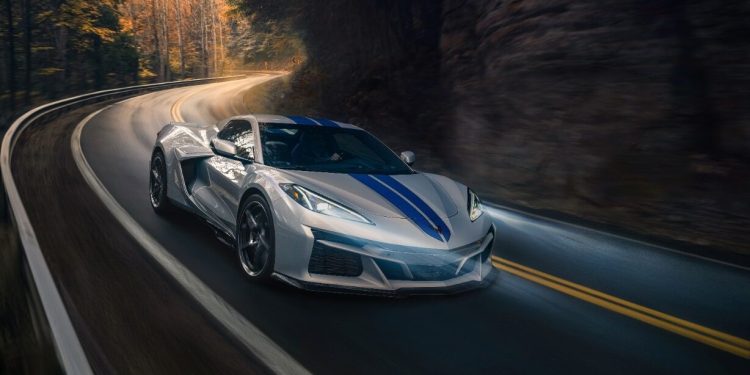No Plans For a Fully Electric Corvette Just Yet
Words NZ Autocar | Image Car and Driver
The E-Ray is Chevrolet’s first electrified Corvette and is a goer, evidently as fast as a Z06. They say it can hit our open road speed limit in about 2.7sec. But it is about to be usurped by the Corvette Zora (below)? This will debut with what will likely be an even higher powered hybrid powertrain.

That begs the question – will the Corvette go fully electric? Probably not, at least not in the short term, and only if the company sees a real need.
Interviewed by CBS News, Corvette’s new Chief Engineer, Tony Roma, said an electric Corvette would only make sense if it improved the car’s performance, or if customers demanded it. And he said that right now neither of those is happening.
However, he did say “We talk about this a lot. I talk about this with enthusiasts, my friends, other engineers.

“We’re not going to apply electrification just for the sake of it. It kind of has to earn its way in. It has to make the car better in some way that our customers are gonna respond to.”
GM’s Chair and CEO Mary Barra agreed. She told CBS News: “We’ll be guided by the consumer.”
Read our Corvette Stingray 3LT Convertible review
Even with enthusiasm for EVs waning, Chevrolet still believes its line-up will be fully electric by 2035. In which case it would almost definitely include a battery-powered Corvette. However, that’s a decade away. Meantime, the high-powered Zora hybrid should be in production next year.
Spy shots show the new hybrid Corvette supercar testing at the Nurburgring. The prototypes have yellow high-voltage stickers visible, and that’s mandatory for test cars that have at least some form of battery/motor power.

It’s likely this will use the ZR-1’s twin-turbo 5.5L V8 with the flat-plane crank. That’s good for almost 800kW while the addition of the E-Ray electricals means a total of around 1224hp or over 900kW. With AWD that should monster the 0-100km/h sprint in a shade over two seconds.





